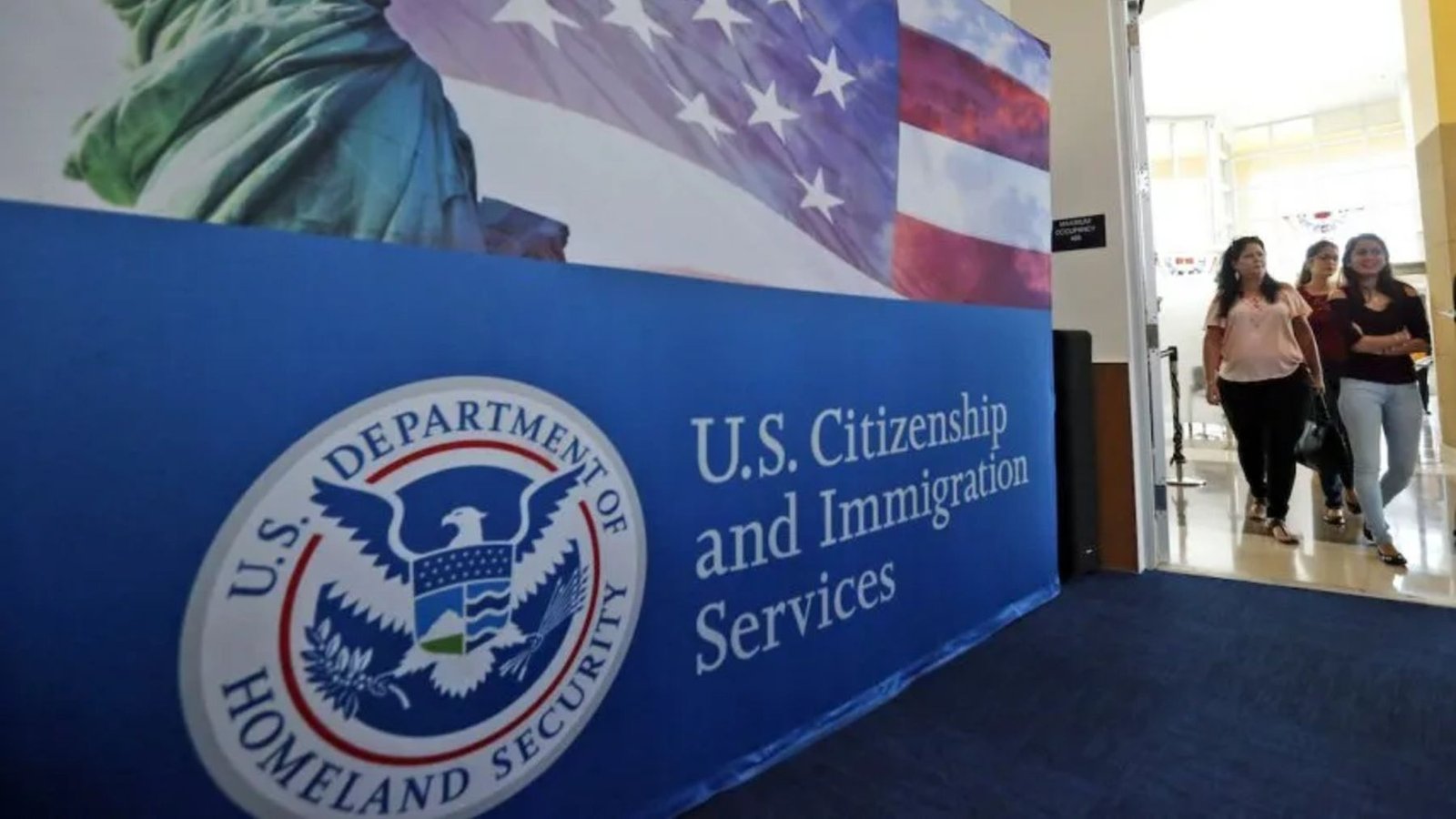Employers Are Scrambling After USCIS Quietly Introduced a New Worker Request That No One Was Prepared For
When Trump took office once again, he started once again indiscriminately deporting those who he called “illegal immigrants” from het US, vowing that those who were in the country legally had nothing to fear, but just like it has happened before in other authoritarian regimes, talk is cheap and once deportation start, they do not end well. As many suspected the White House is now targeting legal immigrants by adding requirements (“worker requests”) to their visas that were not there before, and it has left many scrambling to meet them or risk being deported without warning.
This is not an unfounded worry, many tourists that were in the country legally have been deported after being held in camps, citizens have received emails threatening them and even one American citizen has been deported to El Salvador without cause and the authorities have refused to admit their mistake or bring him back.
For now, the United States Citizenship and Immigration Service (USCIS) has made this request compulsory for certain H-1B visa and employment-based green cards and that residential addresses of foreign workers for biometric data collection.
The biometric data being requested by USCIS is not usually requested for H-1B visa workers or for employment-based green card workers, it is usually for certain adjustment of status, asylum, and deportation procedures, not work visa applications for foreign nationals. Since this is the first time the agency has required biometric data for this type of case and there is a marked lack of information from the agency, concern among companies has begun to grow.
This type of information request, and without reason or explanation, is considered “potentially adverse information” about workers and has no bearing on their work applications, which what is making everyone suspicious of intent. Since this information is not about missing documents or proof of legal immigration status, companies are wondering about steps they should take and legal recourse that they may have in order to avoid providing this information to the authorities.
Although outright defiance is not recommended, there are some steps that HR and legal departments can take to protect their company and their employees. The first step is to not comply automatically with the request, instead contact an immigration attorney to determine the best course of action and which types of information needs to be provided, and which parts can be safely ignored. The next step is to request clarification from USCIS about what triggered the request for evidence and enforce the worker’s rights to receive this information before providing any information that was not deemed necessary at the time of the visa application.
Since the situation is developing and there is not much information or ways to fight this administration (they do not seem to care about due process or legality), inform leadership about any workers that may have issues and about any information requested by USCIS. The worker should also be appraised of the situation and they should keep records of all their applications on hand, in case legal defense is needed or information must be submitted to the immigration agency.
The situation is not dire just yet, but since the administration has proven that they will do as they please and count on legal processes taking time to develop, any workers that feel like their situation could take a turn for the worst should start making plans to fight their cases in court and contingency plans should they be deported without cause or reason. These are scary times and being prepared for the worst will be what allows legal immigrants to have the option to either stay in the country or leave without being detained.
© 2025 Blanquivioletas
© 2025 Blanquivioletas
Employers Are Scrambling After USCIS Quietly Introduced a New Worker Request That No One Was Prepared For – Blanquivioletas



